In late 2021, the Beckley Common Council voted to allow the transfer of ownership of the former Beckley landfill, a 20-acre parcel, to the New River Gorge Regional Development Authority (NRGRDA) in order to clean up the site to provide more accessibility to the historic Alfred Beckley Mill.
The Alfred Beckley Mill, located within the Piney Creek Watershed, originally built in 1835, is now a remote and historic paradise surrounded by cascading waterfalls and minimal signs of civilization. With only stone ruins and the old railroad remaining, this historic site, located just 1 mile from up-town Beckley, is just one more thing that brings added interest and opportunity to the Beckley area.
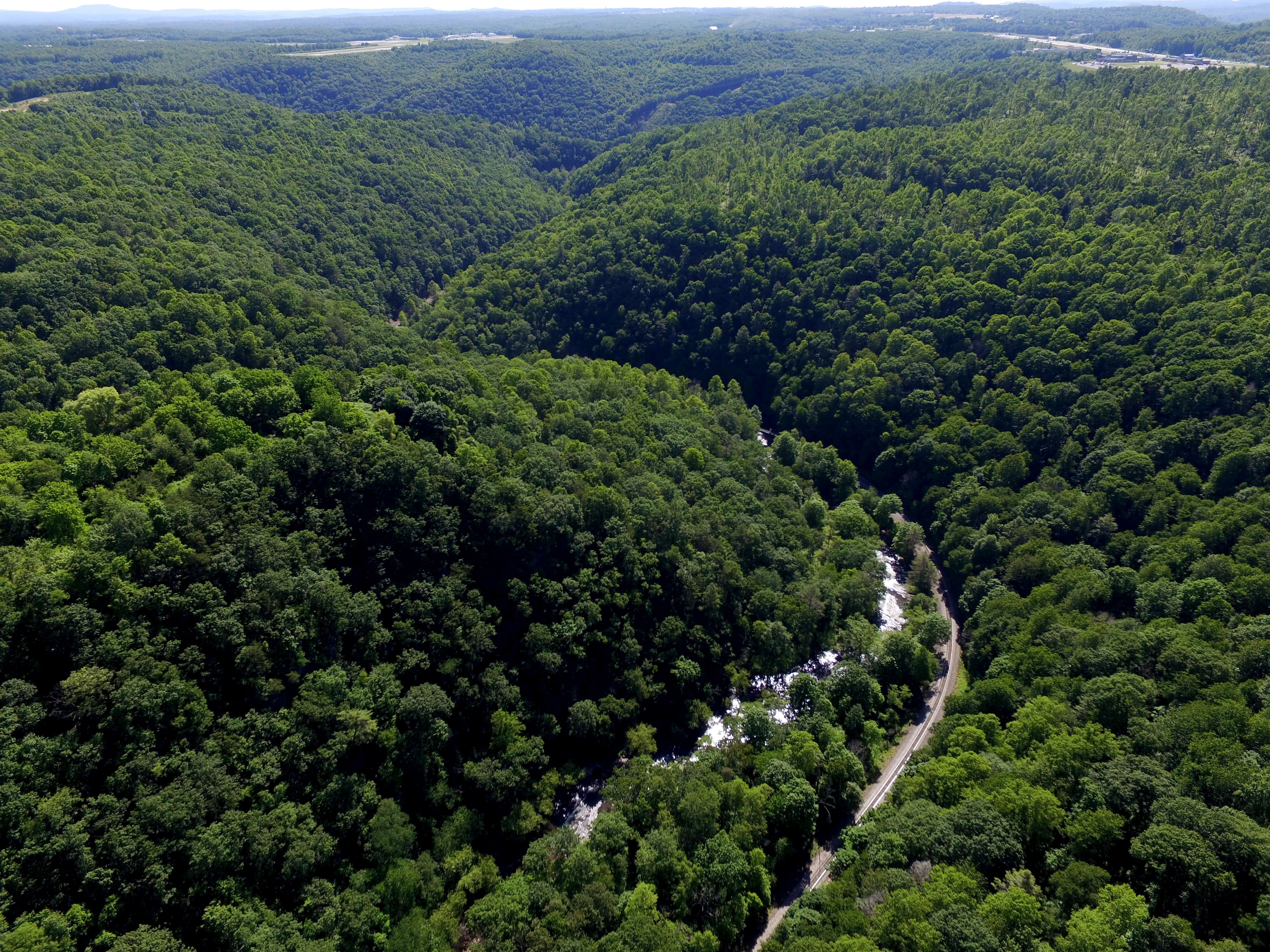
While the Alfred Beckley Mill is a magnificent site that brings more recreative traffic to the Beckley area, there is a lack of infrastructure to support the accessibility needed to enjoy this magical location. That is, until 2013 when the Raleigh County Historical Society and Piney Creek Watershed Association saw the viable reuse of the former Beckley landfill as supporting infrastructure for the Alfred Beckley Mill.
The Beckley landfill originally opened in the 1930s and operated for forty years until the Raleigh County Landfill opened, making the former dumpsite obsolete. After the transfer of dumpsite materials to the county landfill was complete, the landfill remained closed to the public but remained in the city’s possession, being used for storage, and staging.
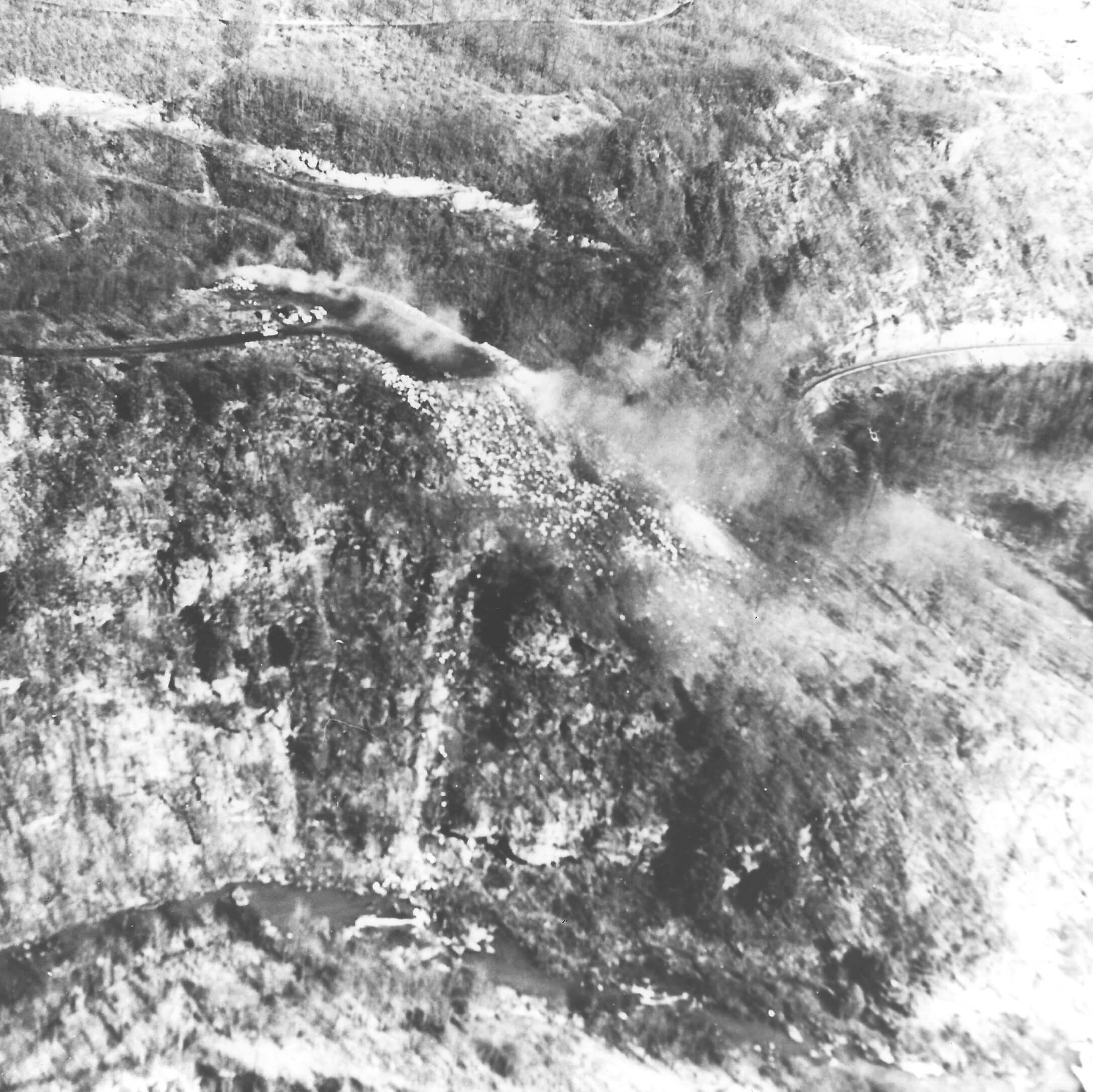
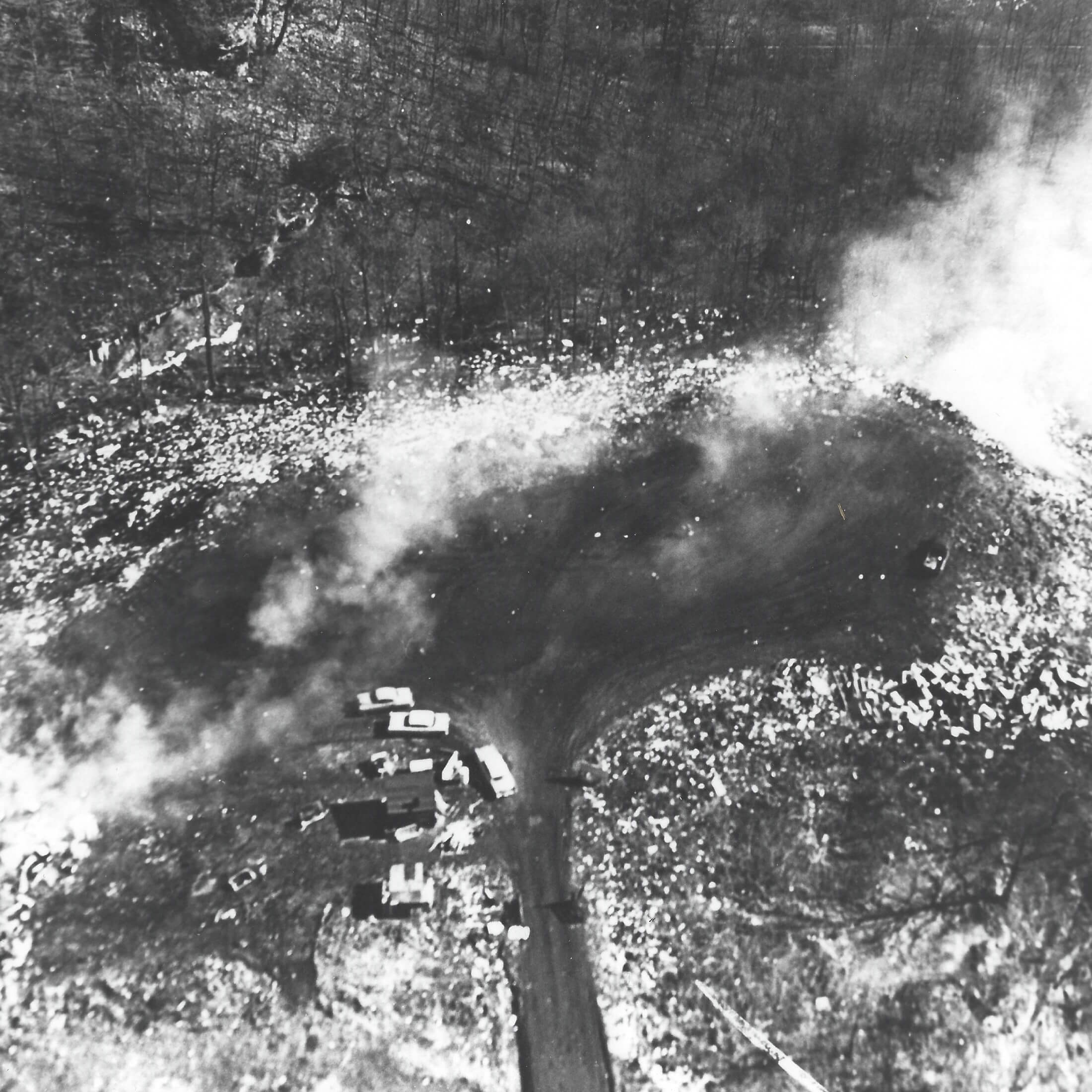
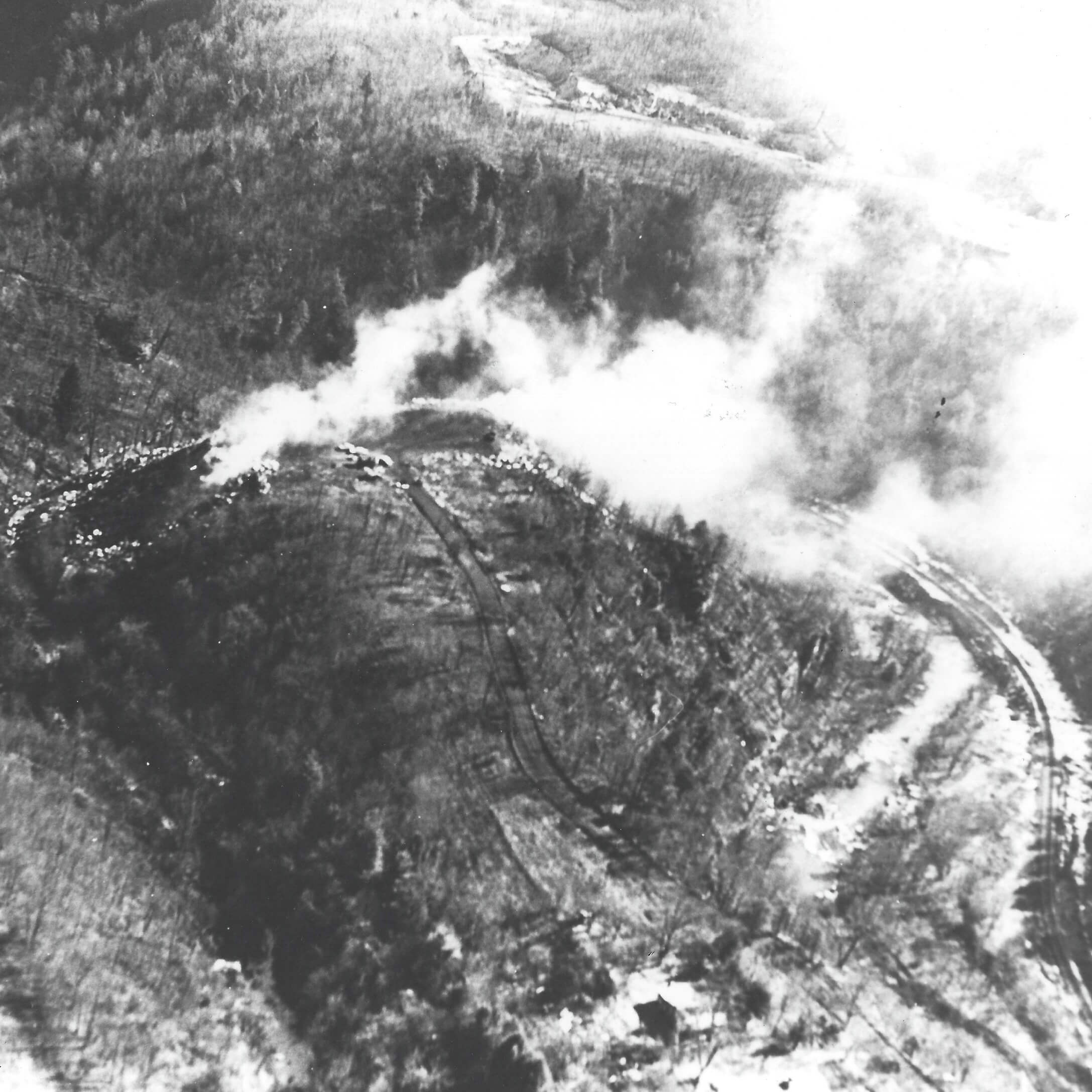
The former dumpsite remained a place for city storage and staging until 2013, when Tom Sopher, President of the Raleigh County Historical Society, contacted the Brownfields Assistance Center at Marshall University about the site. The Brownfields Assistance Center was ecstatic with the potential of this project and began assisting Sopher and other project partners. With assistance from the Brownfields Assistance Center at Marshall University, the site went through a phase I environmental site assessment, project partners pursued brownfield funding opportunities, and the viability of the site’s future was evaluated.
While the assessment of the Beckley landfill site eluded to the presence of several contaminants common to landfill properties, including heavy metals, pesticides, Polychlorinated biphenyls (PCBs), the site also was found to still have active utilities, which helped to add to the already mounting potential of this once devalued site. After assessing the former Beckley landfill, students from West Virginia University assisted with compiling the possible future uses of this site and presented it to the NRGRDA.
The anticipated completion of this project is scheduled for 2024-2025, where the site is planned to be encapsulated and then built up to include a parking lot, pavilion, community park, and trailheads, as demonstrated by the following rendering developed by project partner Thrasher Engineering.
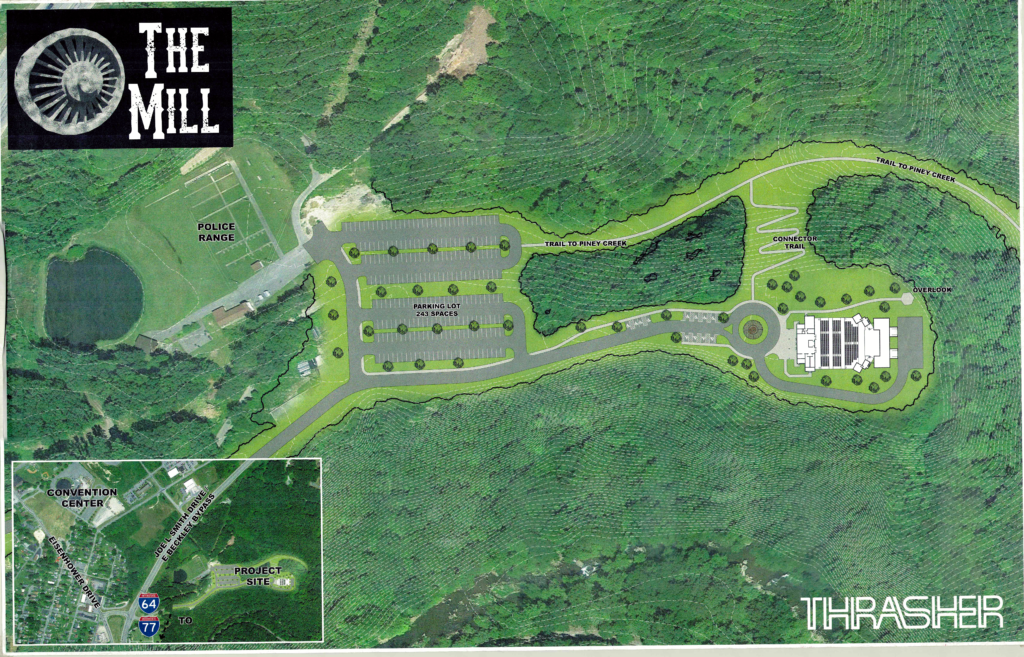
One of the most fascinating aspects of this project, as stated by Andy Davis, Manager of Gateway Community Initiatives with the NRGRDA, is the ability to “preserve the story of the site and tell its story along with its former uses.” He continued, “It’s a journey through time to see the history of the site, the beauty of the site, and the redevelopment surrounding natural assets to provide a space for people to enjoy and recreate.”
While landfills are necessary for waste disposal and reducing the risk of environmental pollution, many people can view landfills as a “waste of land.” But not Sopher and Davis, who see nothing but the potential with the former dumpsite and continue to progress forward so the site can be used at its “highest and best potential.” Davis added, “Trash goes somewhere. Decisions are made. Landfills fill up. But creative reuses of these landfills can repurpose this land” and provide more opportunity to community members and visitors alike.
While community partners and project champions, such as Sopher and Davis, are the driving force behind projects such as the former Beckley landfill, other partners imperative to this project include the Piney Creek Watershed Association, Raleigh County Historical Society Beckley Area Foundation, and the Brownfields Assistance Center at Marshall University. Both Davis and Sopher were extremely pleased with the assistance already received, stating that “without the brownfields assistance center [at Marshall University] we would not have been able to accomplish what we have been able to accomplish.”
And this is just the beginning. Sopher offered one final thought on the Beckley landfill project, and that is that it is a project that can guide future projects around the country. “This is a national story. This is not just a Beckley story. We are talking about incorporating the interstate system into this, incorporating a landfill, and repurposing to a new use and benefit to the local community. We are making something out of nothing!”
For more information on this project contact, Andy Davis, Manager of Gateway Community Initiatives with the NRGRDA, at adavis@nrgrda.org
Hat’s off to the City of Kingwood for WVDEP ‘Land Revitalization’ award for ‘robust recycling program’
Last week, the City of Kingwood was given an outstanding honor from the West Virginia Department of Environment Protection. At the 2016 Environmental Awards, which honor the initiatives of ...
Read More
Point Pleasant to Receive Assistance for Eyesore Properties
POINT PLEASANT — The city of Point Pleasant is about to receive some assistance in developing a plan to deal with distressed and abandoned properties. The city is one ...
Read MoreBDC Purchases Former Follansbee Steel Site for Future Redevelopment
FOLLANSBEE — The former Follansbee Steel location has been shuttered for four years, but it’s about to get a whole new look. The Business Development Corp. of the Northern ...
Read More